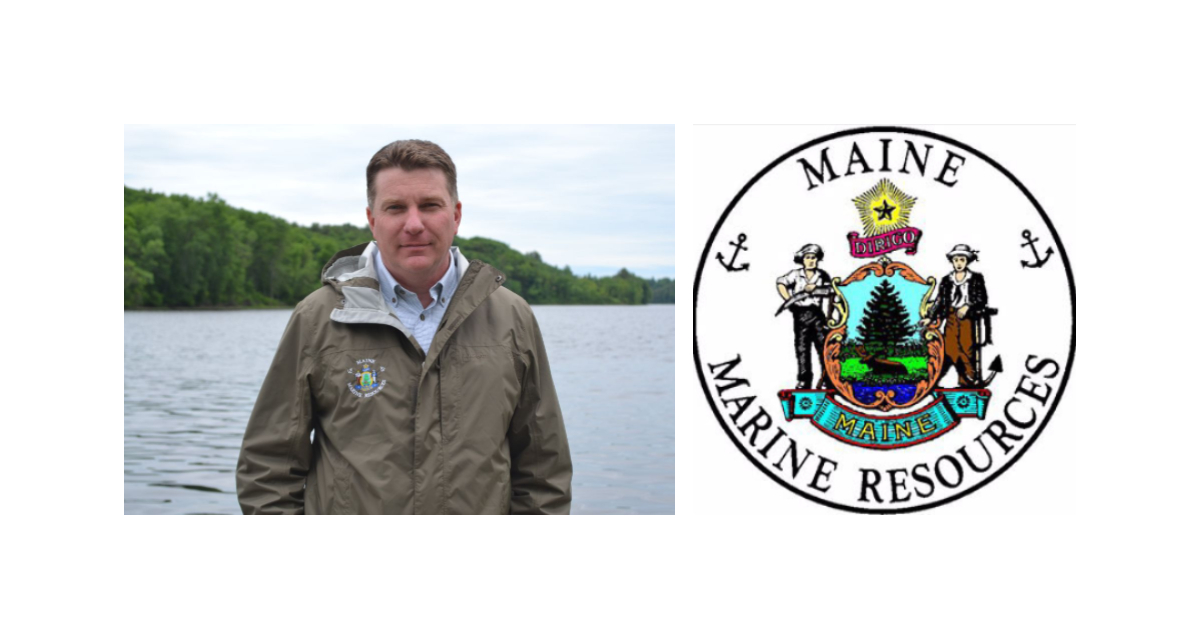On Thursday, March 19, former Passamaquoddy Chief Fred Moore awoke thinking about a problem that had been nagging at him: how eel fishing in Maine could spread coronavirus.
“300 of our people were about head to southern Maine, where there is the most coronavirus, and mingle and go to stores, and then come back here to eastern Maine,” he said. Moore pointed out that large groups of people congregating on the banks of rivers and in public places flies in the face of social distancing.
“It’s like our people going to a smallpox clinic and fighting over blankets to bring back and wrap their children in,” said Moore, who started calling the Maine Department of Marine Resources, the state Centers for Disease Control, and others.
He was not the only one thinking about the issue. Officers of the Maine Marine Patrol have to figure out how to monitor and enforce the regulations.
“The Marine Patrol does not have any protocols,” said Jeff Nichols, spokesman for the DMR. “Each situation is different, and officers have to make decisions about how to practice social distancing and enforce the regulations. It’s a challenging situation.”
Non-native fishermen, too, are worried about how to practice social distancing in a fishery that essentially takes place on land in populated areas. But the $20 million elver fishery is the second most valuable fishery in the state, and many of those who participate have few other options for income.
At 2:49 that afternoon, DMR Commissioner Pat Keliher made a difficult decision and announced an indefinite delay for Maine’s elver fishing season.
“I communicated with tribal leadership, as well as leaders within the industry, to express that the safety of our communities is our primary concern,” said Keliher, noting that the season would be closed for a minimum of two weeks.







